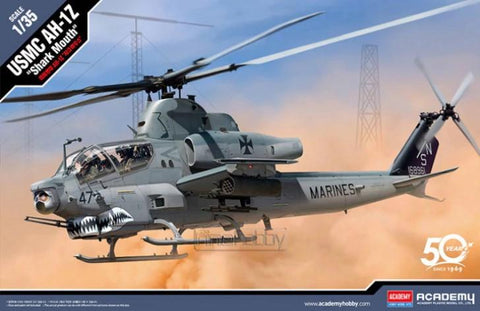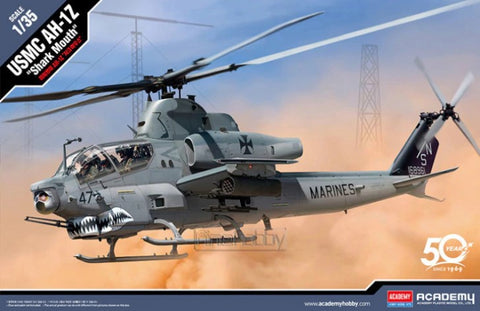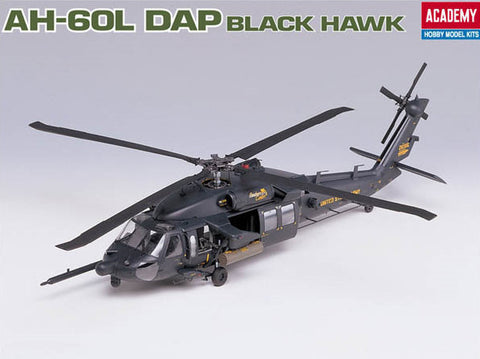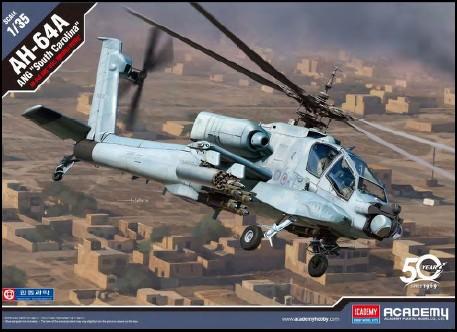
Takom 1/35 WWII Bergepanther Ausf A Tank w/Full Interior Kit
Estimated Shipping: 2-3 Business Days
TAK-2101The SdKfz 179 Bergepanther was an armored recovery vehicle that was used by Germany during World War II. It was based on the chassis of the Panzer V Panther with the first production model was the Ausf. A version. The Bergepanzer Sd.Kfz. 179 or Berge-Panzerkampfwagen Sd.Kfz. 179 was often abbreviated to Pz.Berge.Wg Panther I Sd.Kfz. 179.
The Bergepanther first began its development in 1942 because of the need for a heavy duty tank recovery vehicle that came about with the introduction of German heavy armor such as the Panther medium tank or Tiger I heavy tanks. These generally required up to three SdKfz 9 Famo half-tracks to recover them compared to the single half-track needed to tow a Panzer III or Panzer IV. Tigers at the time were also valued highly, a little more so than the Panthers considering the Tiger's smaller production numbers. This made the Panther the preferred base for the new heavy armored recovery vehicle.
These vehicles produced by MAN were subsequently shipped off to serve during the Battle of Kursk and after some success in the role were then used in various other battles until the end of the war. Around two to four Bergepanthers were allocated to each tank unit.
The Bergepanther had a crew of five men and a Maybach HL230 P30 engine, which, just like the standard Panther medium tank, propelled the vehicle to speeds of up to 46 km/h.
The main and obvious difference between the Bergepanther and the original Panther was that the Bergepanther had a 40,000 kg winch and cable system that replaced the turret. For defensive armament, some Bergepanthers mounted a 20 mm KwK 38 cannon and an additional MG 42 machine gun. The very first production models, however, did not receive the KwK 38. Furthermore, these first models only had wooden coverings over the hatch that opened to let engineers take out tools from inside the vehicle.
Ausf.D was the first production series, (despite the earlier letter designation), built by MAN, Daimler-Benz, MNH and Henschel. 850 built from January to September 1943.
The Bergepanther first began its development in 1942 because of the need for a heavy duty tank recovery vehicle that came about with the introduction of German heavy armor such as the Panther medium tank or Tiger I heavy tanks. These generally required up to three SdKfz 9 Famo half-tracks to recover them compared to the single half-track needed to tow a Panzer III or Panzer IV. Tigers at the time were also valued highly, a little more so than the Panthers considering the Tiger's smaller production numbers. This made the Panther the preferred base for the new heavy armored recovery vehicle.
These vehicles produced by MAN were subsequently shipped off to serve during the Battle of Kursk and after some success in the role were then used in various other battles until the end of the war. Around two to four Bergepanthers were allocated to each tank unit.
The Bergepanther had a crew of five men and a Maybach HL230 P30 engine, which, just like the standard Panther medium tank, propelled the vehicle to speeds of up to 46 km/h.
The main and obvious difference between the Bergepanther and the original Panther was that the Bergepanther had a 40,000 kg winch and cable system that replaced the turret. For defensive armament, some Bergepanthers mounted a 20 mm KwK 38 cannon and an additional MG 42 machine gun. The very first production models, however, did not receive the KwK 38. Furthermore, these first models only had wooden coverings over the hatch that opened to let engineers take out tools from inside the vehicle.
Ausf.D was the first production series, (despite the earlier letter designation), built by MAN, Daimler-Benz, MNH and Henschel. 850 built from January to September 1943.


















